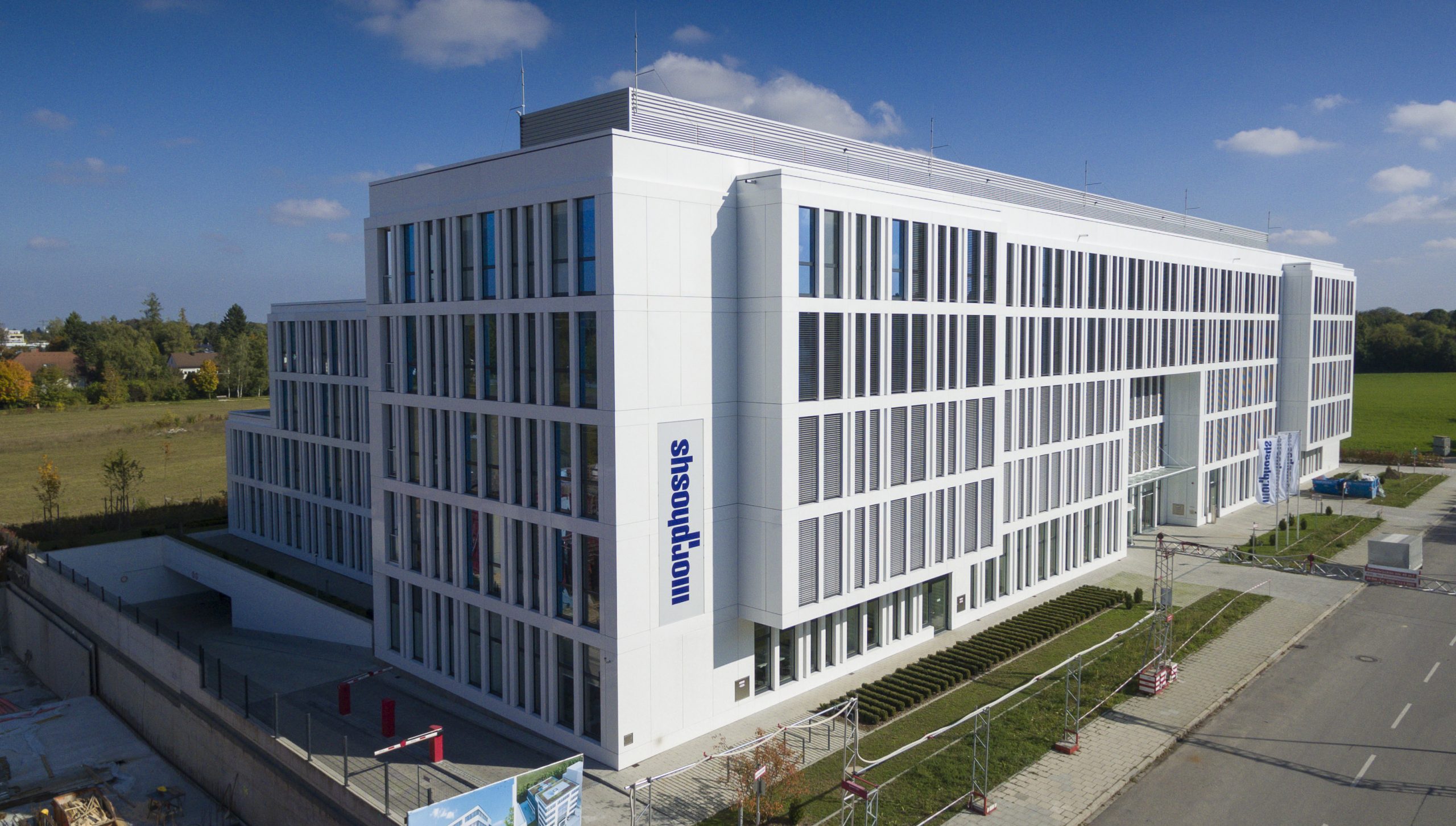Morphosys to take on CAR-Ts in NHL with promising antibody

Germany’s Morphosys has announced results from its combination therapy of an experimental antibody and Celgene’s Revlimid in a common form of non-Hodgkin lymphoma, saying that the phase 2 trial data is compelling enough to file with regulators later this year.
The antibody tafasitamab combined with Revlimid is being tested in patients with relapsed or refractory diffuse large B-cell lymphoma – a disease that is also being targeted by the highly potent CAR-T therapies from the likes of Gilead and Novartis.
And the suggestion is that tafasitamab, which targets the CD19 receptor like CAR-Ts, could compete against these therapies such is the strength of these latest data from the L-MIND study.
This primary analysis confirms data previously announced at the American Society of Hematology at the end of last year, with a median progression-free survival of 12.1 months at a median follow-up of 17.3 months, and a median duration of response of 21.7 months.
In the single-arm trial involving 80 patients who had been followed up for at least a year, the objective response rate was 60% and the complete response rate was 43%, which are comparable to, if not better than, the figures seen with CAR-T therapies in DLBCL.
The trial was designed to test the therapy in patients who are not eligible for high-dose chemotherapy and autologous stem cell transplantation.
There were no details about the drug’s safety profile from the announcement, but professor Gilles Salles, chair of the Clinical Hematology Department at the University in Lyon, France, and lead investigator said that results from earlier trials suggest it could “improve quality of life” for patients with DLBCL.
Safety could be an important factor in the drug's marketability - CAR-Ts are associated with fearsome side-effects as the immune system goes into overdrive to attack the cancer.
CAR-Ts are also hugely expensive to manufacture, and while any new branded therapy is unlikely to come cheap the tried-and-tested antibody technology will mean lower production costs and more wiggle-room on pricing.
Tafasitamab has been designated as Breakthrough Therapy by the FDA, reserved for drugs that could be substantial improvements over alternatives, meaning it will conduct a faster six-month review if it thinks trials results are strong enough.
Detailed results will be published at the International Conference on Malignant Melanoma (ICML) in Lugano, Switzerland next month.













